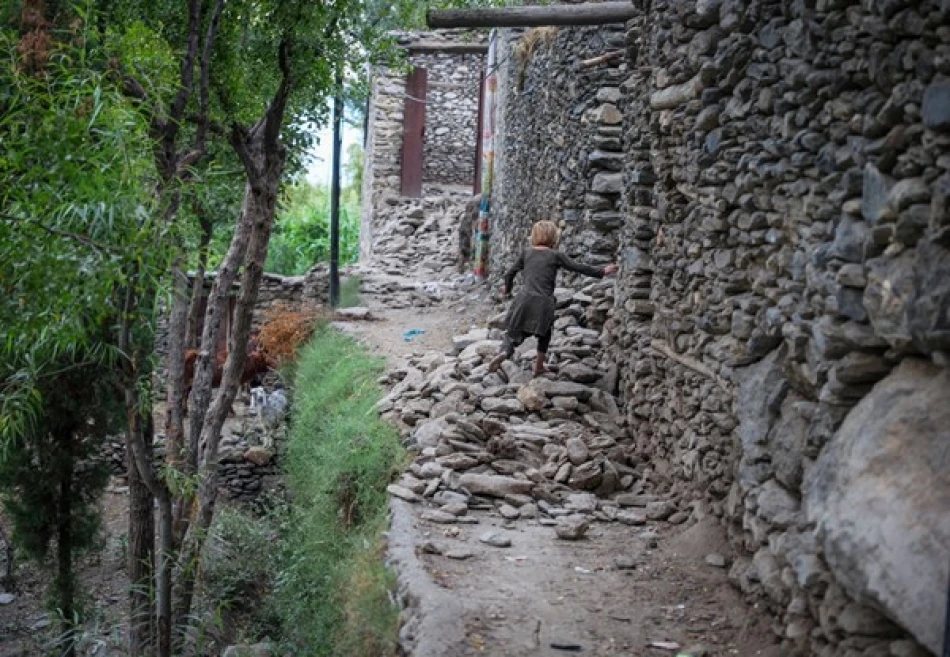
Britain Rushes Emergency Aid to Afghanistan Earthquake Survivors
Britain Steps Up Afghanistan Aid as Deadly Earthquake Exposes Humanitarian Crisis
The UK has announced emergency funding for Afghan families devastated by Sunday's earthquake that killed over 800 people, highlighting the ongoing humanitarian challenges in a country already grappling with economic collapse and international isolation since the Taliban's return to power in 2021.
Immediate Response to Natural Disaster
British Foreign Secretary David Lammy described the earthquake in Afghanistan's Kunar province as "truly tragic," emphasizing the UK's commitment to the Afghan people despite the complex political situation. The emergency funding will enable British partners to deliver critical healthcare and emergency supplies to the most affected communities.
The disaster has left thousands injured beyond the substantial death toll, creating an urgent need for medical care and basic supplies in a region where infrastructure was already severely strained.
Navigating Complex Diplomatic Waters
Britain's humanitarian response reflects the delicate balance Western nations must strike in Afghanistan. While maintaining official non-recognition of the Taliban government, countries like the UK continue providing humanitarian assistance through international organizations and NGO partners rather than direct government-to-government channels.
This approach mirrors strategies employed by other Western allies, including the United States and European Union members, who have maintained humanitarian corridors while keeping political and economic sanctions in place.
Afghanistan's Mounting Humanitarian Needs
The earthquake compounds Afghanistan's existing crisis, where the UN estimates that 28.3 million people require humanitarian assistance in 2024. The country's healthcare system, already weakened by decades of conflict and recent economic restrictions, faces additional strain from natural disasters.
The timing is particularly challenging as Afghanistan enters winter months when access to remote mountainous regions like Kunar becomes increasingly difficult, potentially hampering relief efforts and medical evacuations.
International Aid in a Restricted Environment
The UK's response demonstrates how donor countries continue operating in Afghanistan despite Taliban restrictions on women's participation in aid work, which have complicated humanitarian operations. International organizations have had to adapt their delivery mechanisms while advocating for unrestricted access to vulnerable populations.
This earthquake aid package represents part of broader international efforts to separate humanitarian assistance from political recognition, a principle that has become central to Western engagement with Taliban-controlled Afghanistan since 2021.
Most Viewed News

 Layla Al Mansoori
Layla Al Mansoori






